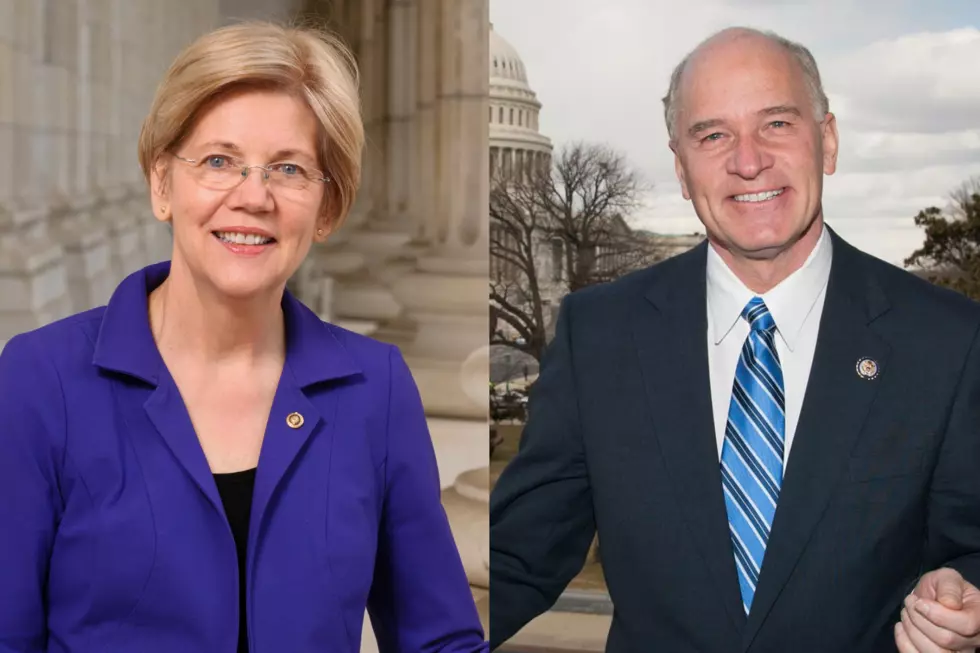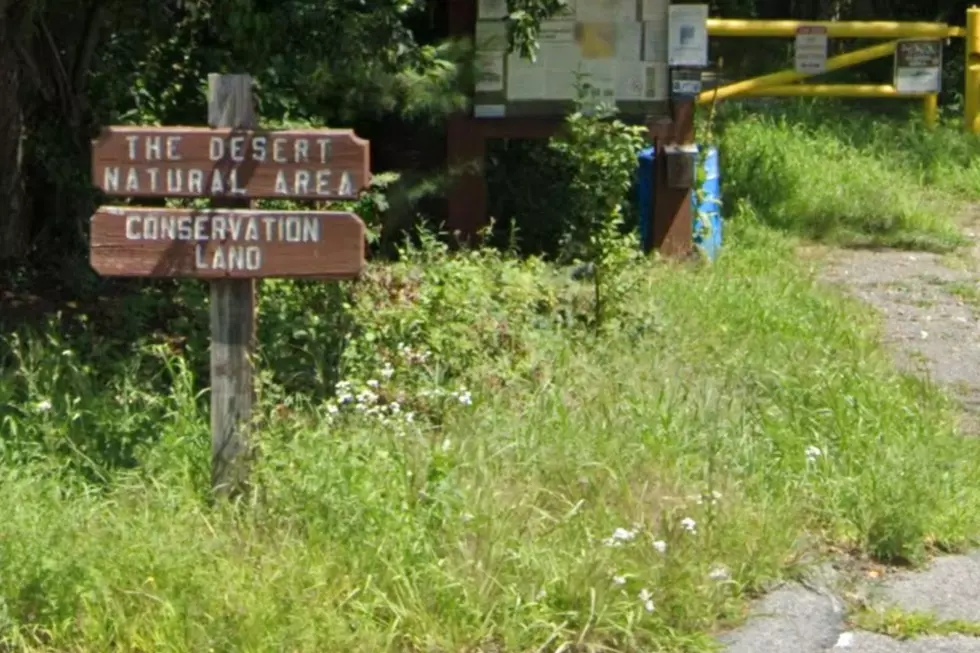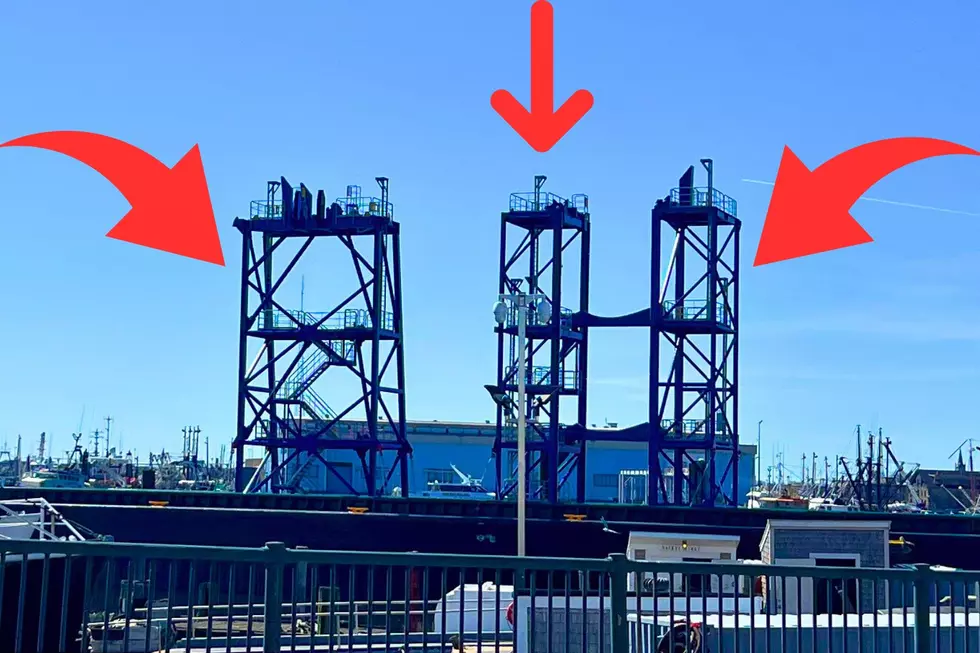
Warren, Keating Slam Trump Administration for Vineyard Wind Delay
Washington, D.C. — U.S. Senator Elizabeth Warren and Congressman Bill Keating are commenting on the U.S. Interior Department’s decision to delay the approval of the Vineyard Wind project.
"The Trump Administration's last-minute decision to delay approval of a major offshore wind energy project is extremely disappointing,” Warren said in a statement released Wednesday.
“The Vineyard Wind project-which is projected to create thousands of jobs and generate clean energy for over 400,000 families and businesses across the Commonwealth-would save money for Massachusetts ratepayers, reduce carbon emissions by over 1.6 tons per year, and help the Commonwealth reach its clean energy targets by 2035."
On Tuesday, the Interior Department’s Bureau of Ocean Energy Management added more detail to a plan it first announced Friday, when it stated that it would hold off on developing the final environmental impact statement for Vineyard Wind while it studies the wider impacts of an offshore wind industry.
BOEM laid out its process for the additional review Tuesday, which will take the form of a supplement to Vineyard Wind's 2018 draft environmental impact statement, and indicated that the final environmental impact statement is unlikely to come until 2020 -- well after project developers had hoped to begin construction.
"Despite these benefits, the Trump Administration has chosen to hinder this important project and continue to put corporate polluters' profits over Americans' well-being,” continued Warren. “I urge the Administration to work towards a solution that will protect the environment, address the concerns raised by our local fishermen, and allow the Vineyard Wind project to move forward without delay."
In December 2018, Warren joined Senator Ed Markey (D-Mass.), Representative Bill Keating (D-Mass.) and Senators Sheldon Whitehouse (D-R.I.) and Jack Reed (D-R.I.) in writing to the Bureau of Ocean Energy Management, urging consensus between offshore wind and fishing interests.
Warren is also a co-sponsor of the Offshore Wind Incentives for New Development (WIND) Act, legislation that would spur the growth of offshore wind energy in the United States by extending tax credits for the renewable energy industry.
Congressman Bill Keating discussed the recent developments on the Chris McCarthy Show on Wednesday, saying it directly coincides with the new Secretary of the Interior David Bernhardt’s history in the oil and gas industry.
“His background is in the oil and gas industry and lobbying for that, suddenly they’ve changed the timeframe. There are a lot of issues and we’ve been working with the fishing community,” Keating said.
“Now, the sudden move instead of just trying to deal with the issues and move forward puts the capitalization and tax credits in jeopardy, which has implications with not just Vineyard Wind but with all the wind projects. If things fall apart from a capital investment standpoint, you might see through the whole east coast.”
Under an executive order signed by President Donald Trump in 2017, federal agencies are supposed to make regulatory decisions in a timely manner so that major infrastructure projects can clear their federal hurdles within two years. BOEM had previously said its two-year review window extends through March 2020, but on Tuesday said only that it "will coordinate with [the U.S. Office of Management and Budget] on potential permitting delays that may result from additional environmental review."
“It’s almost a schizophrenic type of feeling with the Trump Administration. They’re moving ahead on oil and natural gas, they want to drill in the oceans, they’re approving seismic testing that effects fishing and only the courts are slowing them up there, they’re drilling in the arctic at full-speed ahead, yet they’re putting the brakes on renewable energy,” Keating added.
A BOEM spokesman did not respond to a question about the new study's scope. In the update published online Tuesday, BOEM said simply that it "is expanding its cumulative analysis of projects within its draft Environmental Impact Statement (EIS)."
More From WBSM-AM/AM 1420









